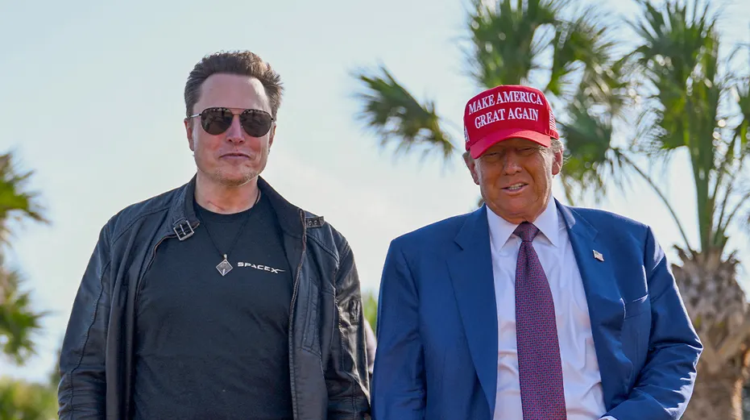The DOGE War
America’s first war was one that saved the country millions of dollars.

|
Getting your Trinity Audio player ready...
|
In a certain sense, the first war that the new United States of America fought after it gained its independence was a DOGE war. In light of the fact that it saved the U.S. treasury millions of dollars, it can rightly be seen as a precursor to Elon Musk’s efforts to trim government waste and end government fraud. In this case, the U.S. was the victim of a massive extortion plot that continues to this day. When it refused to pay, the war began.
From practically the moment that the American states won independence, the Barbary (Berber) states of Algiers, Tunis, and Tripoli targeted the new nation’s ships. In 1784, Muslim pirates from neighboring Morocco captured the American ship Betsey and took its crew hostage, demanding that the new nation pay tribute to avoid future such incidents.
Even peace overtures came from a posture of bullying superiority: in June 1796, Pasha Hamouda, the bey of Tunis, offered to conclude a peace treaty with the United States, and stipulated that the Americans had six months to consider the offer, during which Tunisian pirates would not attack American ships. If they rejected the offer, the raids would resume, leaving the Americans no room to maneuver. Hamouda signed his treaty officer as “commander…of the frontier post of the Holy War,” suggesting at once that the piracy was in service of a larger goal—jihad, conquest, and Islamization of the non-Muslim world—and that if the Americans rejected the offer, they would face war not just with Tunis, but with the entire global forces of jihad.
In the treaty that the United States concluded in 1797 with Tripoli, the payment of earlier tribute by the Americans was acknowledged, and the U.S. consul in Tripoli was directed to deliver to the ruler of Tripoli “twelve thousand Spanish dollars” as well as various supplies for the construction of ships. That treaty also contained, in the English text only, a statement designated as Article 11, which appears to be designed to reassure the bey of Tripoli that the United States was not hostile to Islam; for reasons never explained, however, this article does not appear in the treaty’s Arabic text.
As the government of the United States of America is not in any sense founded on the Christian Religion,—as it has in itself no character of enmity against the laws, religion or tranquility of Musselmen,—and as the said States never have entered into any war or act of hostility against any Mehomitan nation, it is declared by the parties that no pretext arising from religious opinions shall ever produce an interruption of the harmony existing between the two countries.
The lack of hostility of any “Mehomitan nation” toward the United States, however, could not be assured. In 1786, Thomas Jefferson and John Adams met in London with Sidi Haji Abdrahaman, the eyalet (administer) of Tripolitania’s ambassador to London. Jefferson recounted to Congress what Abdrahaman’s response was when he and Adams asked him “concerning the ground of the pretensions to make war upon nations who had done them no injury”:
The ambassador answered us that it was founded on the Laws of the Prophet, that it was written in their Koran, that all nations who should not have answered their authority were sinners, that it was their right and duty to make war upon them wherever they could be found, and to make slaves of all they could take as prisoners, and that every Mussulman who should be slain in battle was sure to go to Paradise.
Thus it had been since the beginning of Islam, and thus it would remain.
The Americans, newly independent and having neither the resources nor the desire to get involved in a war with the Barbary states, paid the tribute. But once it had been established that the Americans would give in to the jihadis’ demands, those demands grew. In 1795, a payment to Algiers of nearly $1 million ($22.5 million today) comprised 16 percent of federal revenue for that year.
The situation grew even worse in 1801, when the Bashaw of Tripoli demanded $220,000 ($5 million) up front and $25,000 ($568,000) each year from the United States. President Thomas Jefferson, operating according to the principle of “Millions for defense, but not one cent for tribute,” opted instead to go to war. Emerging victorious against the Barbary states in 1805 (and again in a second war in 1815, when James Madison was president), the United States freed itself from paying tribute and established itself as a nation that should not be trifled with.
The tribute money, instead of going to the pirates, stayed in the U.S. treasury, where it could be used for the benefit of the American people. It was DOGE, early nineteenth-century style.

